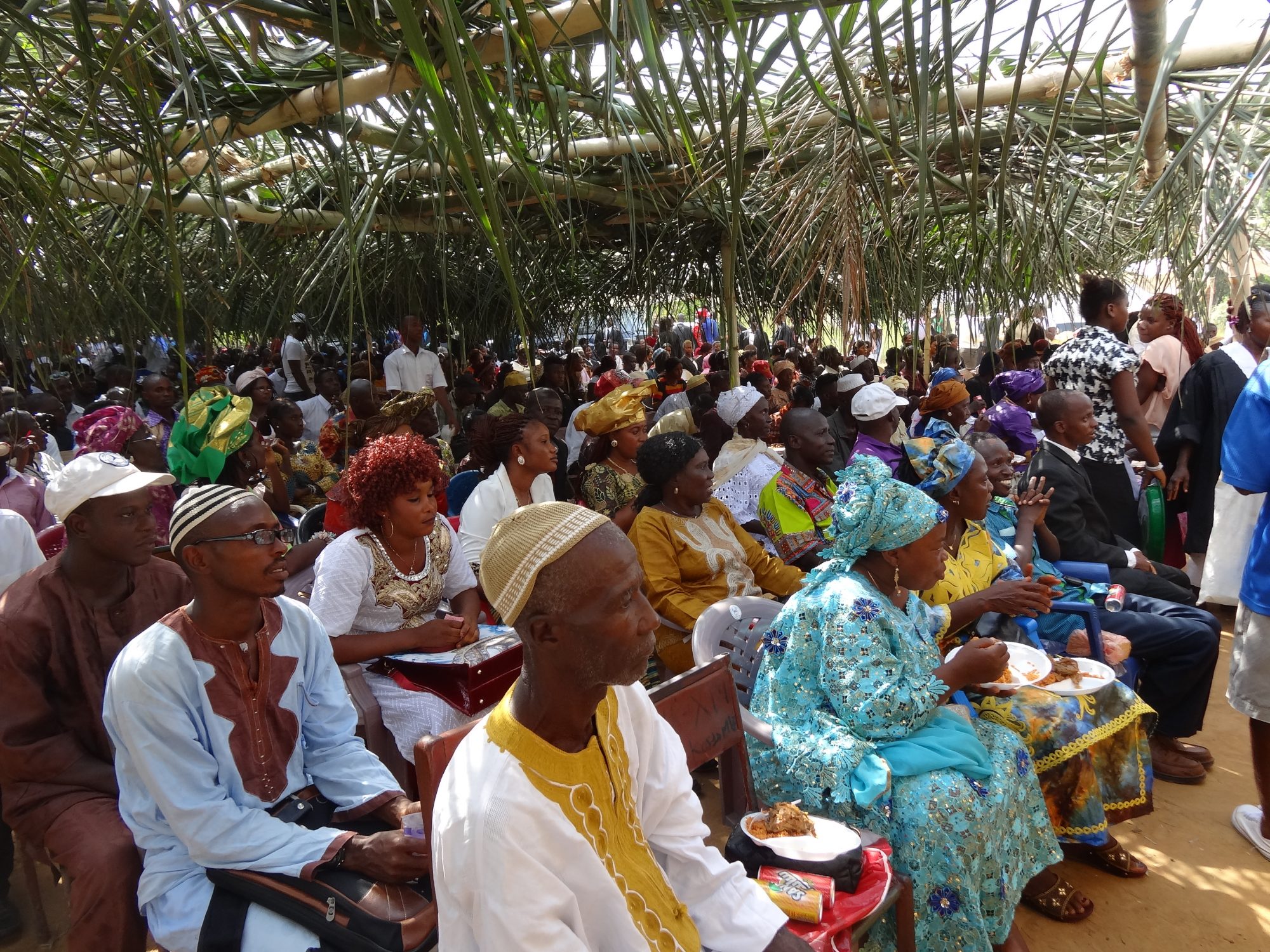In Sierra Leone, all schools currently remain closed as a result of the virus. Although this is seen as a good control measure, it poses serious long-term risks for the country. Schools are not likely to open until the second quarter of 2015, meaning that pupils will miss almost a year of academic studies. Conscious of the long term potential impact on our socio-economic development, the government has launched an ambitious education project to ensure that 1 million schoolchildren can have access to continuing education, while this pandemic lasts. Under the plan, pupils will receive tuition radio broadcasts in a variety of subjects for four hours, six days a week, through 41 radio stations and the country’s sole television channel. Education minister – Dr Minkailu Bah, said: “The plan is to provide a suitable option for our school-going population, as the entire school system has been disrupted since the outbreak of the ebola disease.” Sierra Leone’s schools have been closed since the government announced a state of emergency in July 2014, in response to the scourge that has led to the death of over 600 Sierra Leoneans. More than 2 million of the total population of 5.7 million are aged between 3 years and 17 years. And although secondary school attendance is less than 40% for both boys and girls, it would be catastrophic and irresponsible not to do something about ensuring their continuing education at this difficult time. Dr Bah admitted that reaching many of Sierra Leone’s schoolchildren would be challenging, as radio ownership is only about 25%, with fewer than 2% of the population having access to a television. However, the minister is intent on ensuring that all school children can have access to a radioset, so as to continue their learning until the end of the state of emergency. Sylvester Meheaux, of the Conference of Principals of Secondary Schools, said: “As things now are we cannot expect schools to reopen until early 2015, and in the meantime, we are worried some children would end up becoming dropouts, pregnant, etc. This is a major concern for us in the educational sector.” Sam Mbayo, a retired clerk from the eastern district of Kailahun, added: “This is not the type of tuition we used to know for our children, but we have little option. Any means to educate our children, rather than leaving them idle is to be welcomed; otherwise we are going to have a generation of illiterates.” Manuel Fontaine, the regional director of UN children’s fund Unicef, which is supporting the initiative, said the radio classes would be focussed on teaching children life skills and maintaining their contact with the outside world. Dr Bah added that his ministry would be finding other means of accommodating the needs of the hard-to-reach areas that are without access to radios. With large swathes of rural Sierra Leone lacking basic amenities like roads, power supply and access to televisions, this is a huge undertaking Dr Bah and his colleagues are taking on. A former academic himself, whose most recent job was as a lecturer at Fourah bay College, Dr Bah is not new to the challenges Sierra Leone’s education sector faces. But this task is onerous. Maybe one way of addressing the crisis is to get radios and batteries distributed to outlying areas, as a way of linking children in these areas with the proposed Remote Education Access Channel (REACH) Programme. Unlike neighbouring Ghana and Nigeria where Internet access and mobile telephone usage is widespread, Sierra Leone is not really integrated into the global digital village. Dr Bah could request some of the $300m coming from the IMF and World Bank to purchase the radios – especially manually winding radio. Unicef could also be approached to provide TV and radio sets, although the reality is that whatever is donated will be well short of demand. Whatever the case, nothing is an ideal substitute for getting Sierra Leone’s children back in school, and this will only happen when the medical authorities sound the all-clear. With about 4,000 US troops deployed to West Africa, the international community donating $300m, and the CDC finally getting the world’s attention, hopefully, this will be sooner than later. Sierra Leone is currently standing on the precipice, as the combination of a dangerous epidemic and its accompanying socio-economic woes threaten to engulf the whole country. However, we must not relent or despair, as the fightback has begun and we need all our fortitude to believe that we will come out of this battle victorious. by Zainab Tunkara Clarkson
